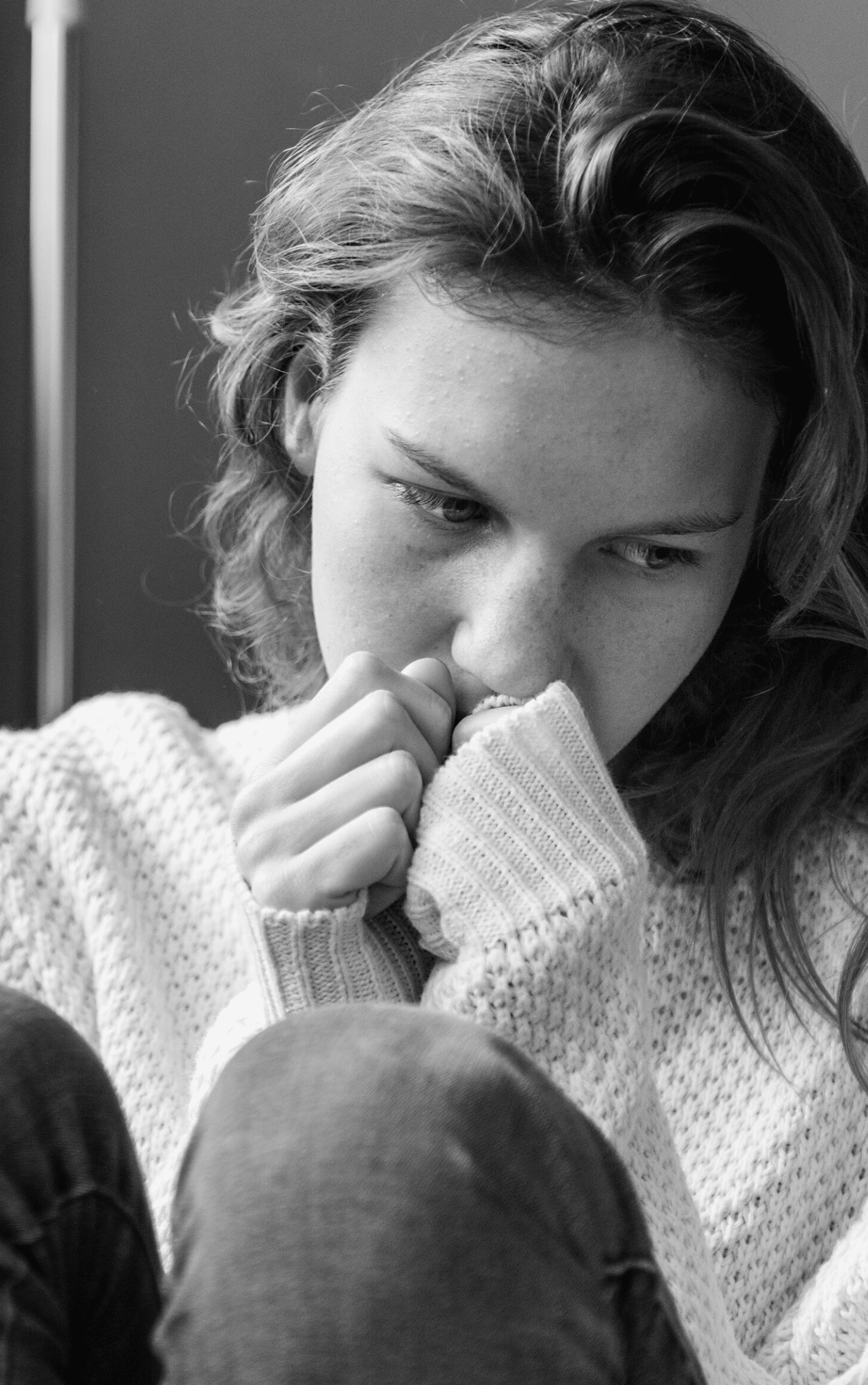There is no doubt that this is a very different world than just a few weeks ago. For young people, no matter their situation, adolescence can be a difficult and challenging time, but for youth experiencing homelessness, their challenges are heightened and exacerbated by their circumstances. Trying to navigate a pandemic and manage existing traumas can increase anxiety levels and set youth who have been making progress back even further.
Here at Eva’s, the young people we serve are our utmost priority, but we’ve had to make adjustments to our programming, limiting programs with external components. Add to that routines being upended, schools being closed and we have a recipe for severe stress and uncertainty for many of the youth we serve. Like, Serena (not her real name), who has been working hard to complete her last semester in a program that could lead to a promising career, but now faces an uncertain future, as a spring graduation and a plan to move out of Eva’s and into her own affordable housing is put on hold.
Young people experiencing homelessness are resilient, but like all of us, this pandemic has caused upset to their lives as they know it. Here are some of the ways Eva’s youth are experiencing the impact of COVID-19:
EMPLOYMENT:
Many young people finding shelter at Eva’s facilities participate in our Employment and Training programs, which provide youth with skills-based, experiential training that can help them identify career goals, access hands-on training, and connect with on-the-job training placement. In the past, several of these placements have led to jobs. However, as businesses comply with mandatory physical distancing measures, a number of our youth have been let go from their placements as companies shut down. “The whole world is shifting but it is even more amplified for our youth,” says Shequita Thompson, Senior Site Manager at Eva’s Phoenix, a 50-bed transitional housing facility “Just as the young people in our shelter have started rebuilding and seeing the results, life has yet again thrown them a curveball.”
RETRAUMATIZATION:
On top of all of this, most young people’s journey to homelessness was caused by overlapping challenges, including trauma, abuse, and neglect. Our youth, like homeless adults, are more susceptible to viruses and infections like flu and colds and many suffer from significant chronic and/or mental health concerns that can be aggravated during times like this.
For young people to be homeless means that somewhere there was been a trauma in their life. Many work hard to overcome their trauma, through programs like Eva’s Family Reconnect program, which offers clinical support for youth and should they wish, reconnection with their caring circle. It takes immense work and bravery to overcome trauma, but for several of our youth, the anxiety brought about by COVID-19 can result in retraumatization. 60% of youth experiencing homelessness, also have experience with the child welfare system. That means that many of the young people living at Eva’s shelters have direct experience with the disruption that comes with involvement with child welfare. Whether being uprooted from their families and forced to move suddenly to new surroundings or learning to cope in a group home, managing the changing nature of a pandemic can bring trauma back to the surface and set youth who have been thriving or doing well back.
MENTAL HEALTH:
Details surrounding COVID-19 do not escape the inquiring minds of Eva’s youth. They are well aware of the need for physical space to stop the spread of the virus and they are physically distancing themselves to the best of their abilities. They are seeing report after report, about how the virus is spreading, how governments across Canada are declaring states of emergency to limit the numbers of gatherings and interactions, but in shelters that is very difficult. Youth share rooms and space is a premium. “With the constant updates from the news and social media outlets, young people are feeling the impacts of closure to services and resources that are paramount towards their individual development and social support systems,” says Shequita “We tend to see a rise in the need for mental health services with the decrease in external resources, so we are here for them.”
INCREASE IN ANXIETY:
Those of us lucky enough to have a comfy place to lay our heads are still feeling the effects of isolation and stress. Many young people residing at Eva’s are managing these same concerns and more. “Some members of the general public have been expressing their anxieties during this global pandemic,” says Helder Costa, Residential Supervisor at Eva’s Place, a 40-bed emergency shelter “But they have homes and family and friends to connect and to chat online with. Our youth do not have these supports.”
More than anything, young people experiencing homelessness deserve protection and support, our staff are doing their best, but we need your help during this critical time. This pandemic has just begun, and it is uncertain what to expect in the weeks and months to come. Young people are depending on you, caring adults, to hold them during this time as they work towards building better tomorrows.

